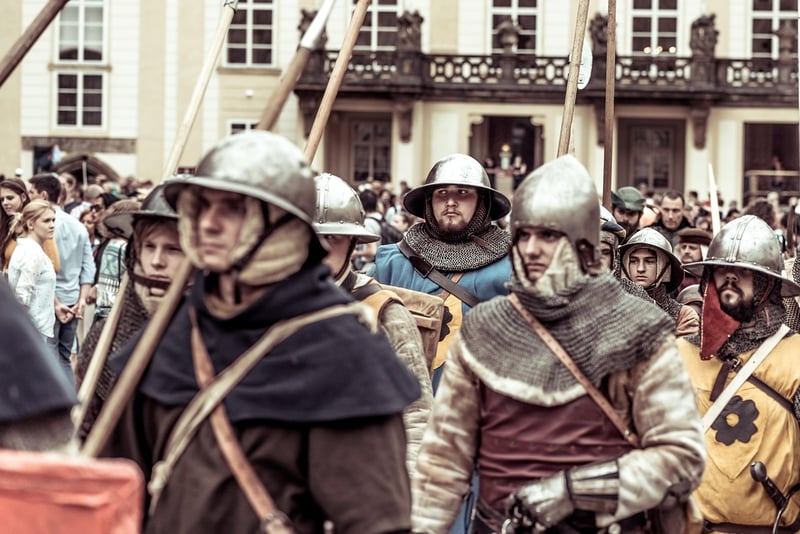Historical Events
Exploring Different Time Periods and Historical Events
History is a tapestry woven with the threads of different time periods and historical events that have shaped our world. By delving into the past, we can gain a deeper understanding of where we come from and how societies have evolved over time. Let's take a journey through some key epochs and pivotal moments in history that continue to influence us today.
Ancient Civilizations
Ancient civilizations such as the Egyptians, Greeks, Romans, and Mesopotamians laid the foundation for modern society. From the construction of the pyramids of Giza to the philosophy of Aristotle, these cultures left a lasting impact on art, architecture, governance, and philosophy.
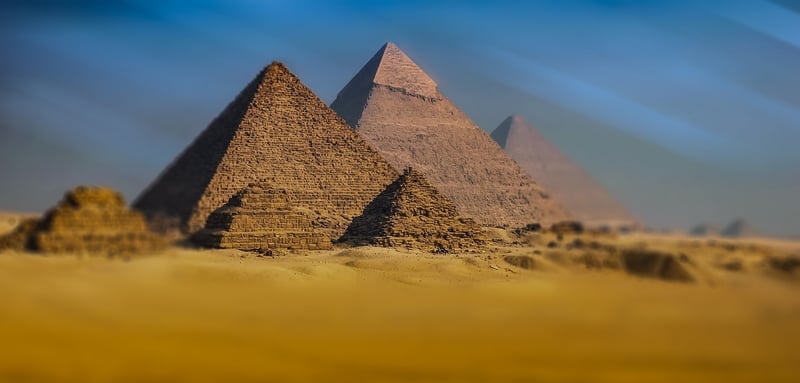
The Middle Ages
The Middle Ages, spanning from the fall of the Roman Empire to the Renaissance, was a time of feudalism, chivalry, and religious fervor. The era saw the rise of knights, castles, and the magnificent Gothic cathedrals that still stand as a testament to medieval craftsmanship.
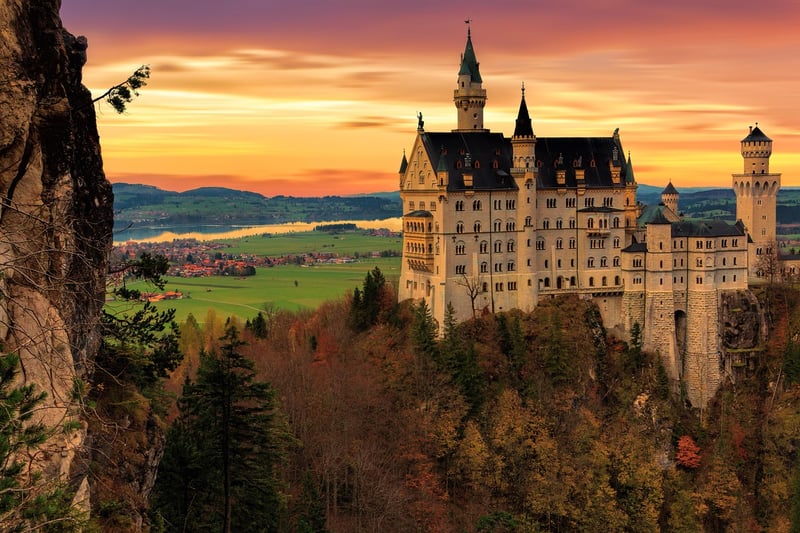
The Age of Exploration
The Age of Exploration in the 15th and 16th centuries marked a period of global discovery and colonization. Explorers like Christopher Columbus, Vasco da Gama, and Ferdinand Magellan set sail to find new trade routes and expand empires, leading to the exchange of goods, ideas, and cultures between continents.
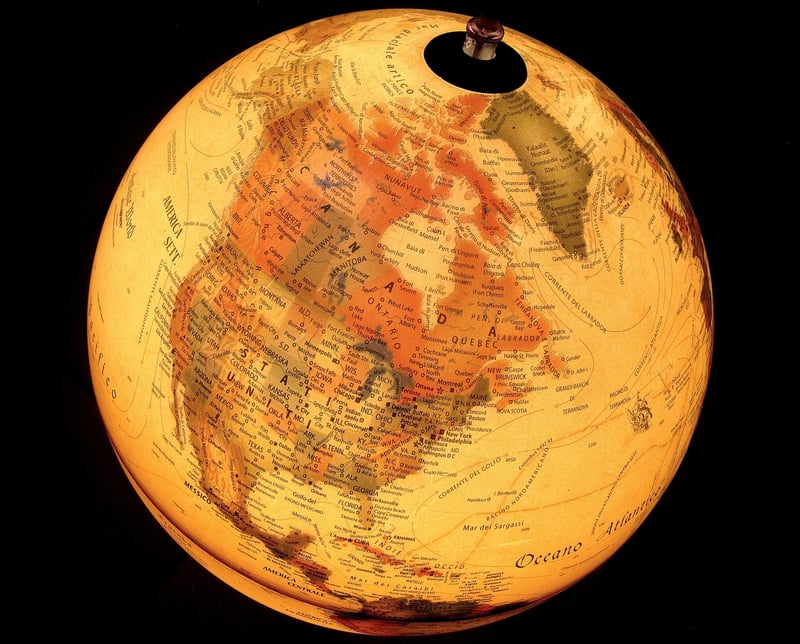
The Industrial Revolution
The Industrial Revolution, starting in the 18th century, transformed economies and societies with the advent of mechanization and urbanization. Factories sprung up, steam engines powered transportation, and new inventions revolutionized production, ushering in an era of rapid technological advancement.

World Wars
The 20th century witnessed two devastating World Wars that reshaped global politics and societies. World War I and World War II were marked by immense loss of life, technological warfare, and the emergence of superpowers, setting the stage for the modern geopolitical landscape.
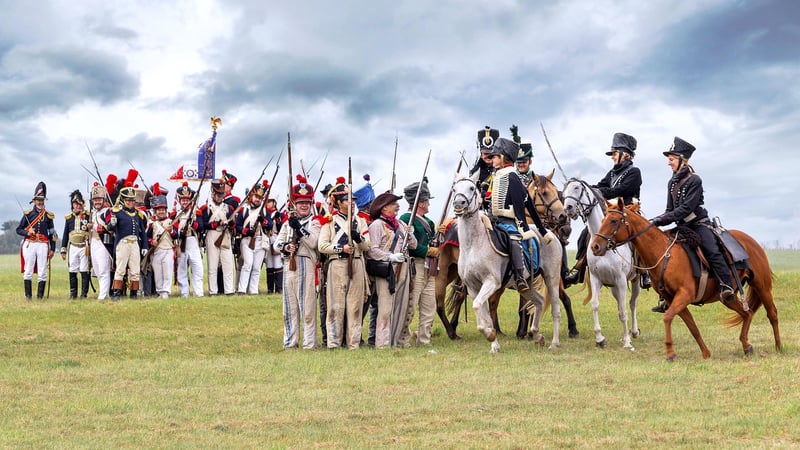
By exploring these different time periods and historical events, we can appreciate the complexities of the human experience and learn valuable lessons from the past to guide us into the future.
